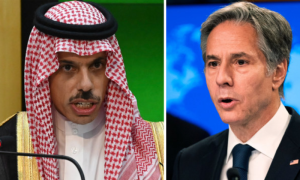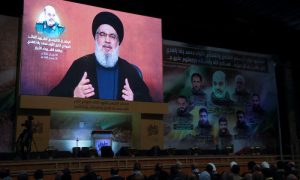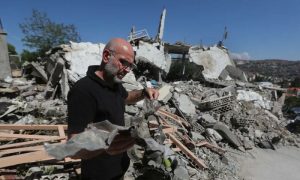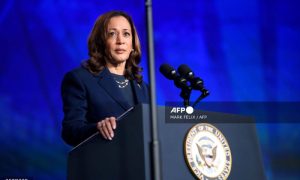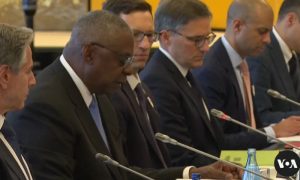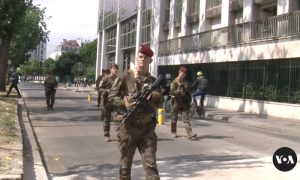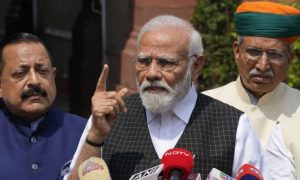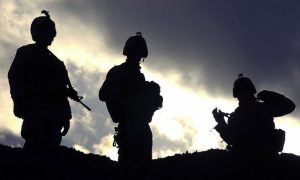TRIPOLI: In a significant development, political rivals in the divided nation of Libya have agreed to establish a committee focused on sharing oil revenues, a move that has been welcomed by the United Nations (UN). The decision comes after military strongman Khalifa Haftar called for a fair distribution of oil proceeds and threatened military action if his demands were not met by the end of August.
Libya, known for sitting on Africa’s largest oil reserves, has been grappling with political divisions between the eastern administration supported by Haftar and the UN-backed government in Tripoli. This divide has hindered Libya’s efforts to increase oil production and meet the surging European demand for non-Russian oil and gas.
In response to Haftar’s call, the “Financial High Committee” has been established, as announced by Libya’s Presidential Council, the country’s highest executive body. This move has received positive remarks from the UN Support Mission in Libya (UNSMIL). In a statement, UNSMIL expressed its satisfaction with the decision, highlighting the committee’s role in ensuring transparency in public fund spending and fair distribution of resources.
Financial High Committee of Libya
The Financial High Committee comprises nominees from various factions, including representatives from the eastern-based House of Representatives, the Tripoli-based High Council of State, the UN-backed Tripoli government, and Haftar’s forces. Additionally, representatives from Libya’s National Oil Corporation and central bank, both based in Tripoli, will also participate in the committee. The committee will be headed by Mohamed al-Manfi, leader of the Presidential Council, which was formed earlier this year under the UN’s political process.
UNSMIL emphasized that the inclusive approach taken by the financial oversight committee will contribute to a level-playing field for all candidates in the upcoming elections. While elections were originally scheduled for December 2021, disputes over candidacy selection led to their postponement. The UN has been working diligently to address these disputes and facilitate elections in the hopes of holding them this year.
Crude oil serves as Libya’s primary source of revenue. The country has endured more than a decade of conflict involving foreign powers and numerous militias since the NATO-backed overthrow of former leader Moamer Kadhafi in 2011. In the past, Haftar’s forces have blockaded the nation’s oilfields, which produced approximately 1.2 million barrels per day in May, according to the Organization of the Petroleum Exporting Countries (OPEC).













